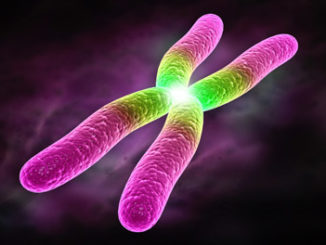Transposase-Accessible Chromatin Assay for Fast and Sensitive Epigenomic Profiling
Scientists at Stanford University School of Medicine have developed a rapid and sensitive method for integrative epigenomic analysis called assay for transposase-accessible chromatin using sequencing (ATAC-seq).This assay is based on direct in vitro transposition of sequencing adaptors into native chromatin, which captures open chromatin sites using a simple two-step protocol with 500–50,000 cells and reveals the interplay between genomic locations of open chromatin, DNA-binding proteins, individual nucleosomes and chromatin compaction at nucleotide resolution. By using ATAC-seq, the scientists discovered classes of DNA-binding [more…]






